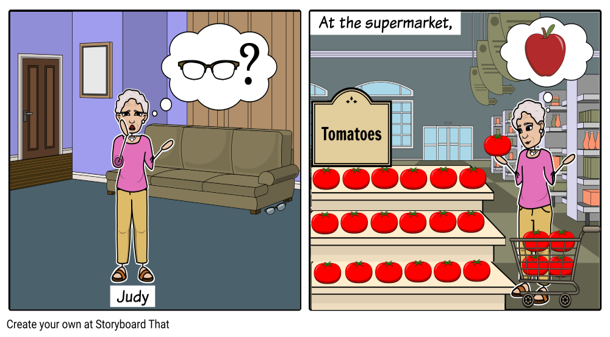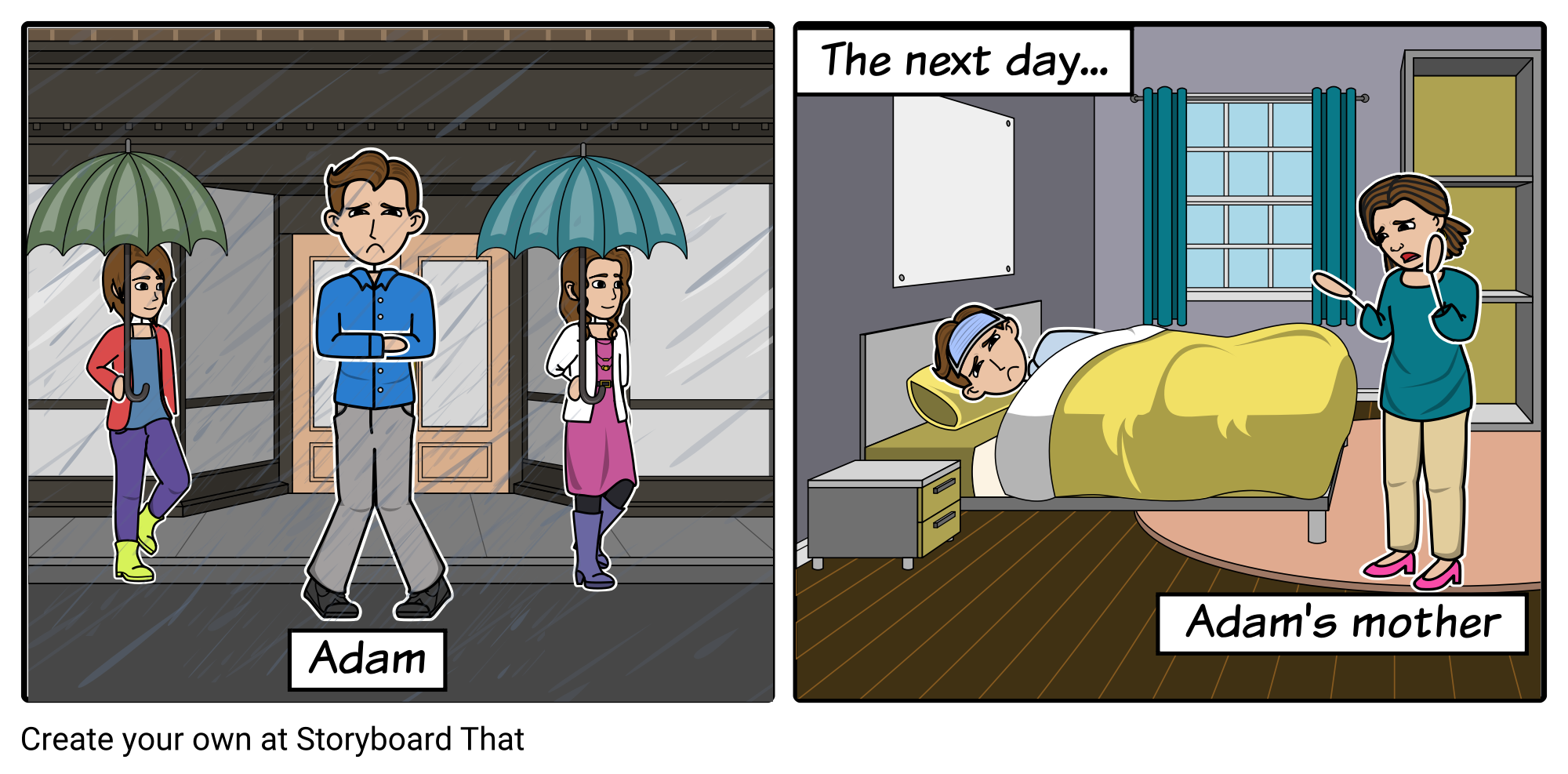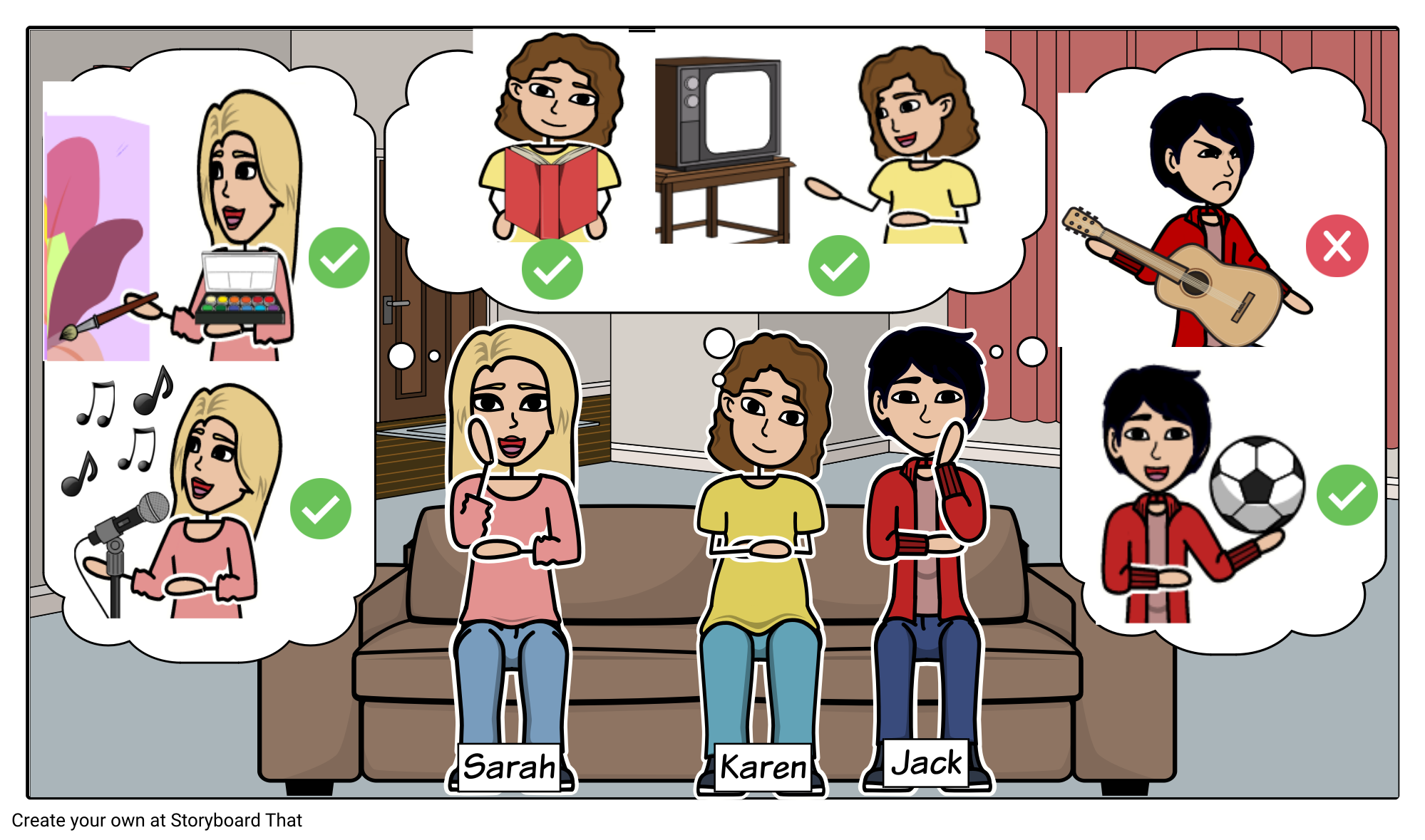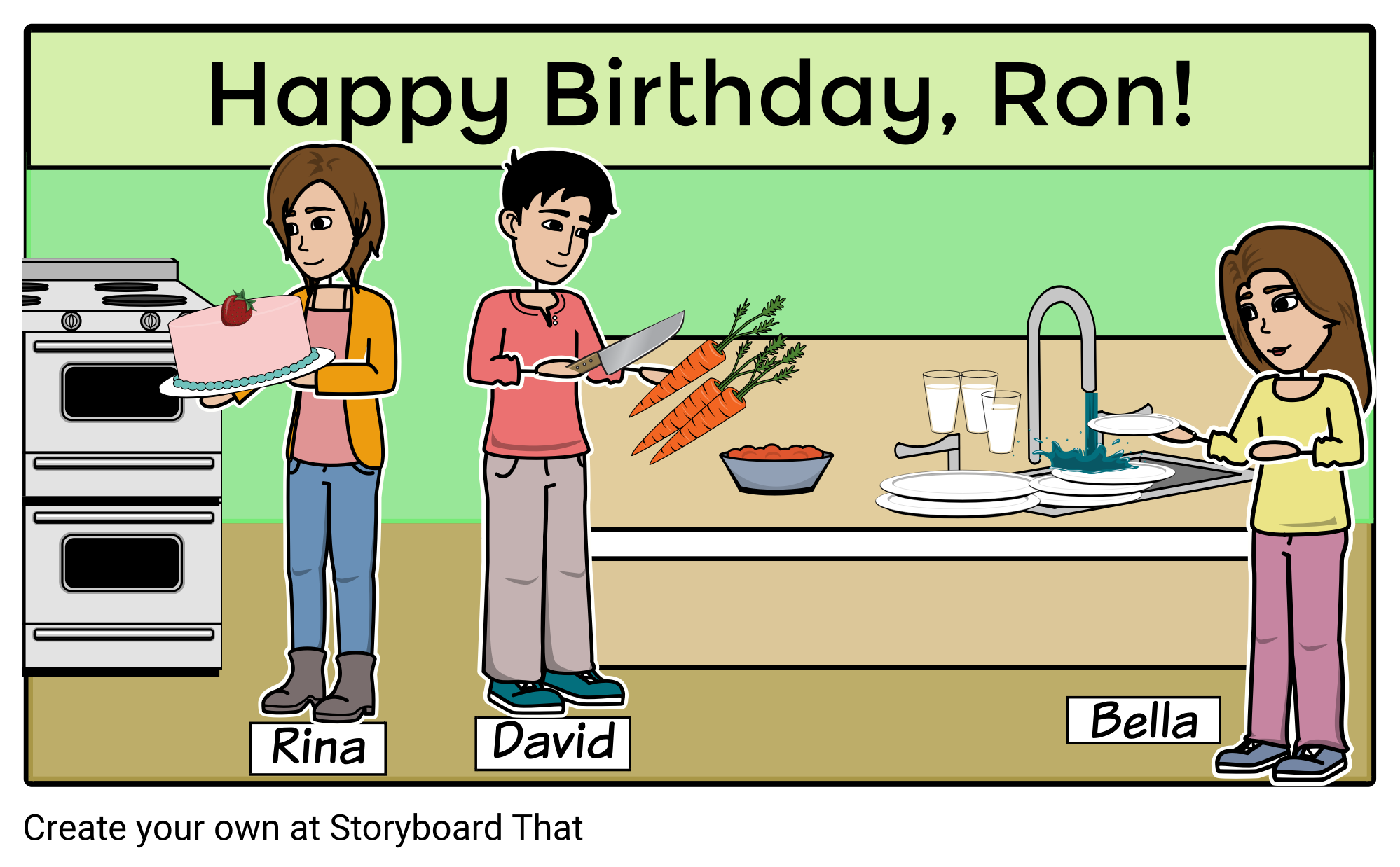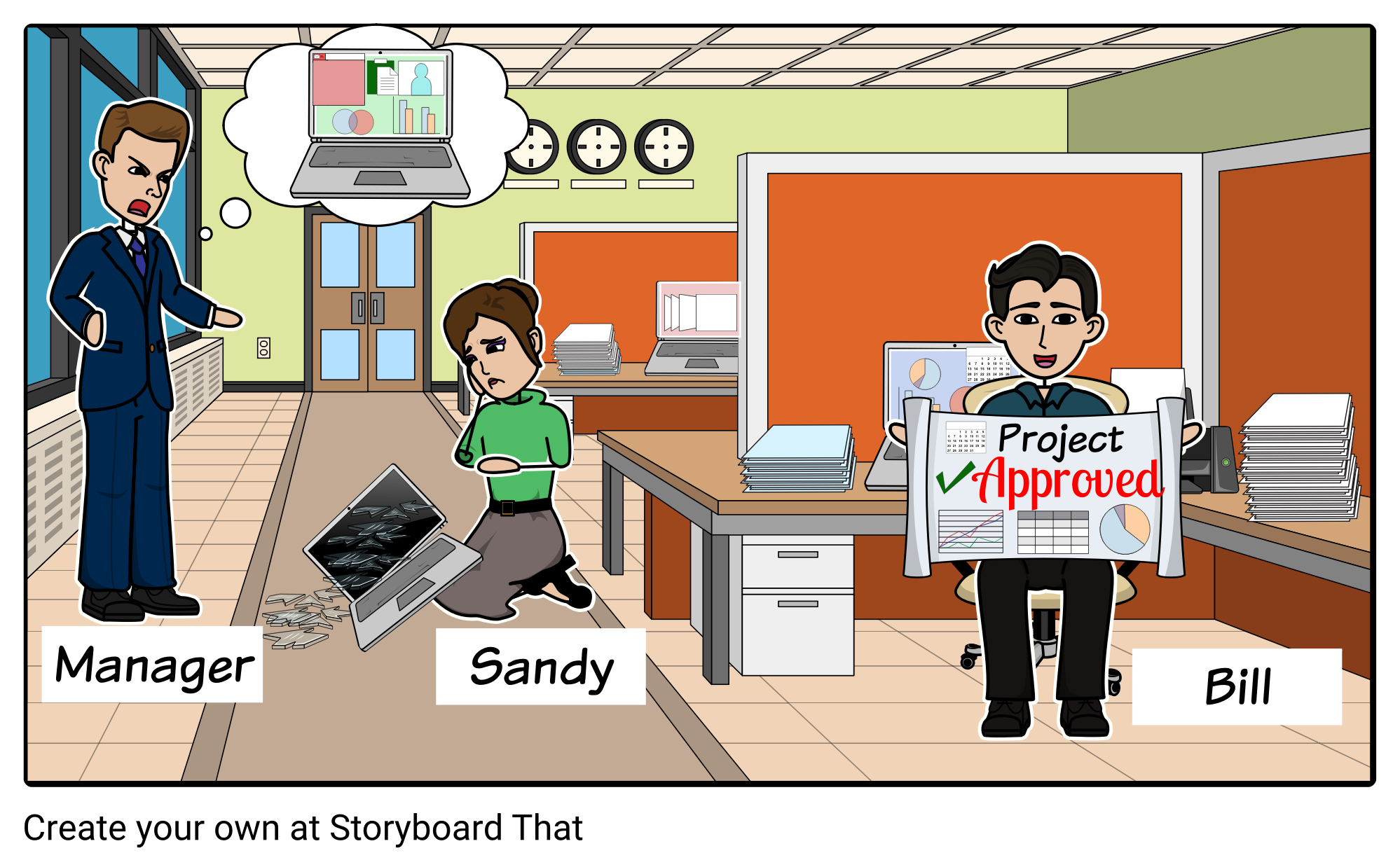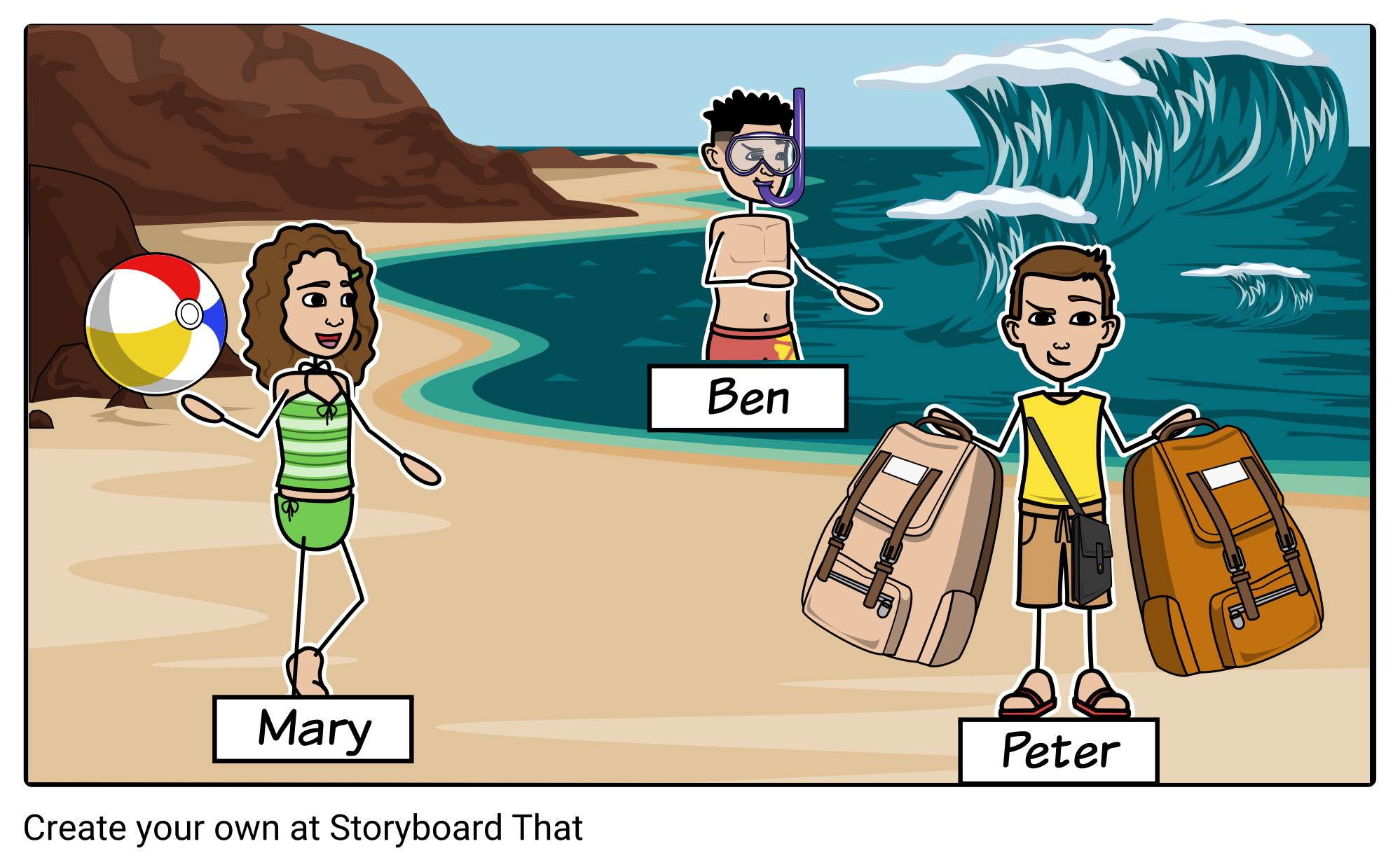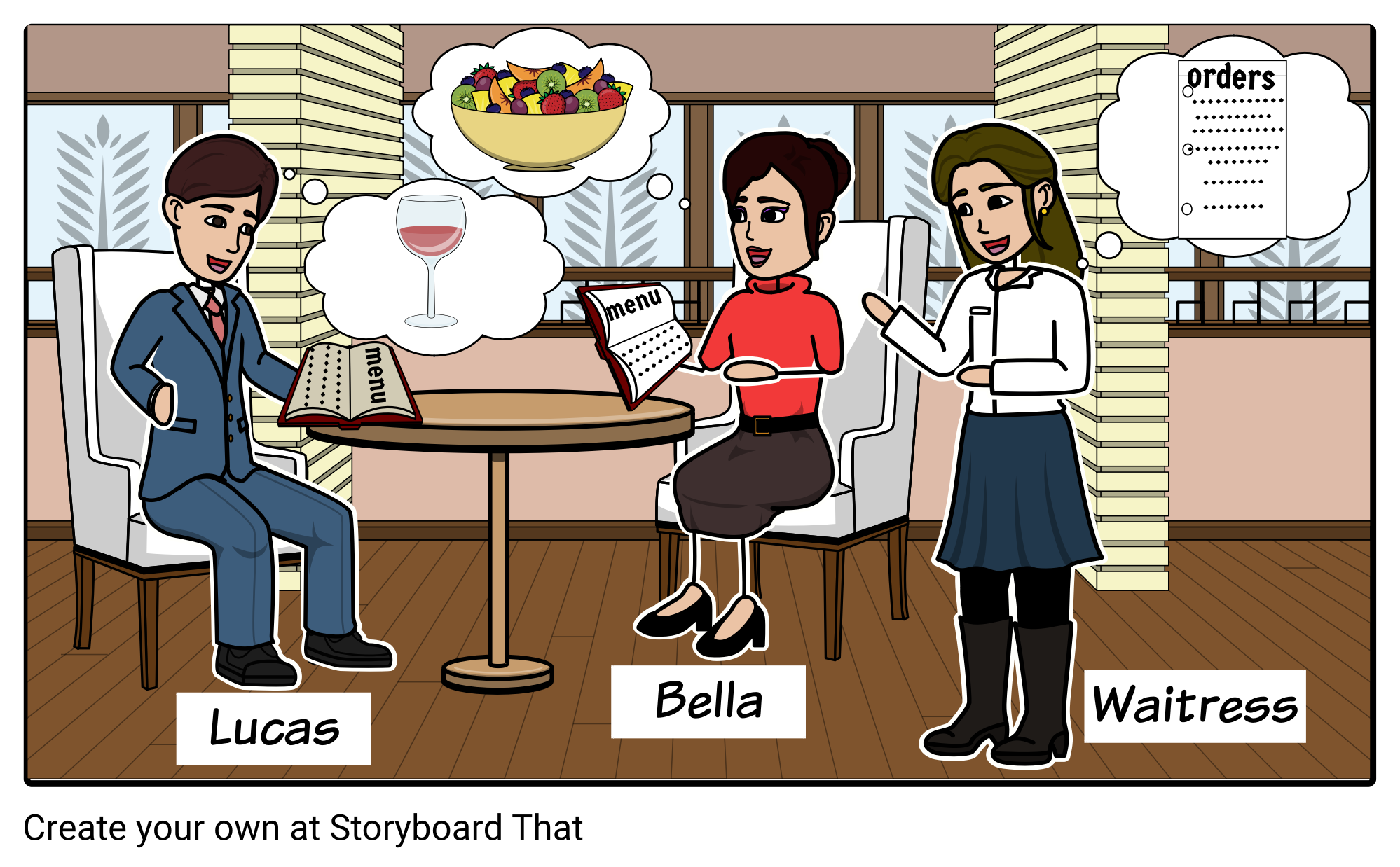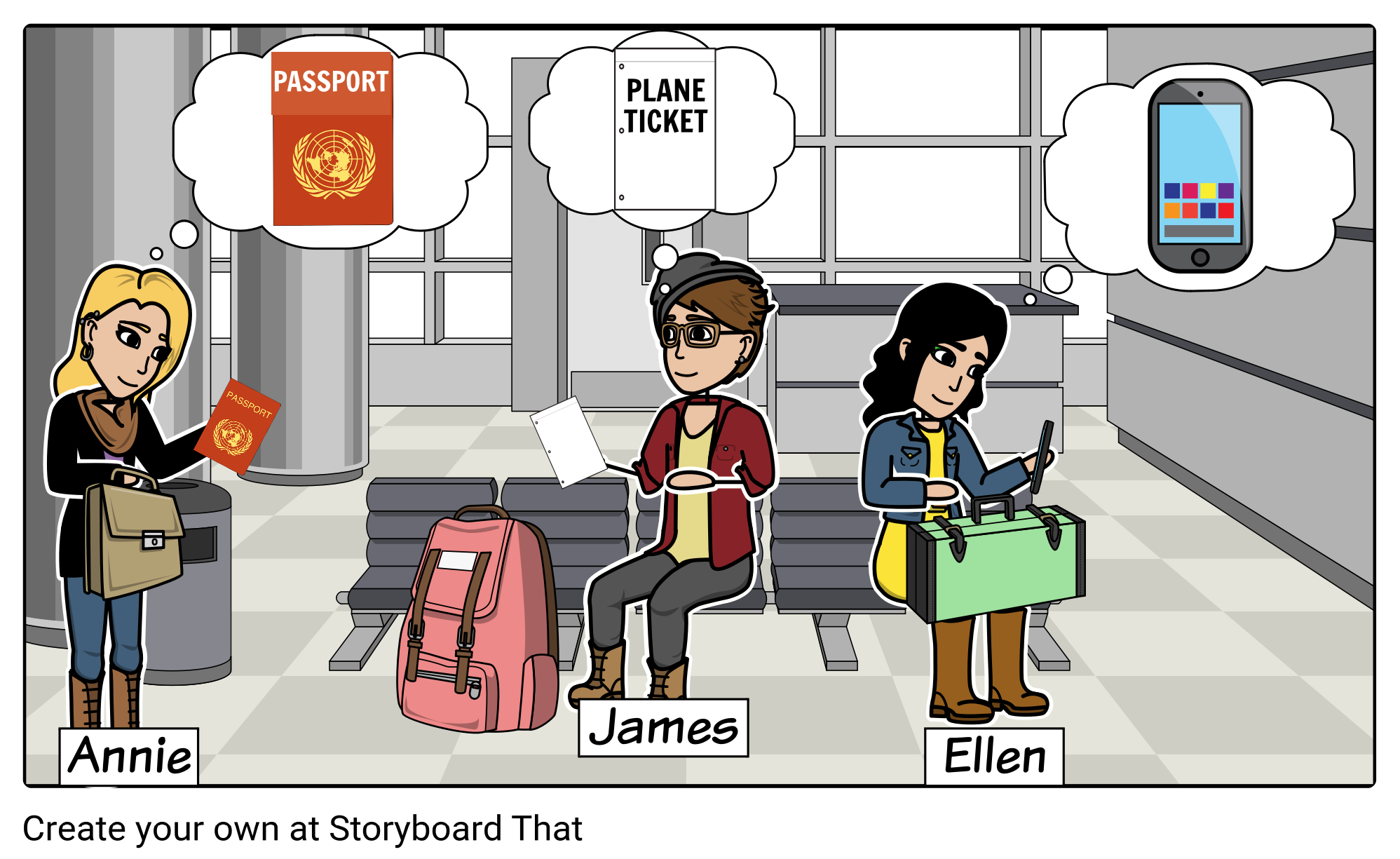GUESS THE WORD
Fill in the missing letters of the word to complete each sentence. Read the meaning aloud and use it as a clue.
ANSWER
| 1. word: |
B
_
O
C
_
|
| meaning: | [noun] area with streets on all sides |
| sentence: | There is an Italian restaurant a _______ away from here. |
| 2. word: |
_
F
F
O
_
D
A
B
_
E
|
| meaning: | [adjective] not expensive |
| sentence: | They’re serving delicious and ________ hamburgers here. |
| 3. word: |
S
_
A
R
V
_
N
G
|
| meaning: | [adjective] very hungry |
| sentence: | Let’s go grab some breakfast. I’m _________. |
READING ALOUD
Let’s read the dialogue. I will play Ron and you will play Emma. Then, we’ll switch roles.
READ

I’m so hungry. Do you want to join us for lunch, Emma? We’re going out.
|
Sure. I forgot to bring my lunch today. Where are we going to eat? |

We’re planning to go to the fast food restaurant just two blocks away from here. I heard they serve delicious and affordable hamburgers.
|
That sounds nice. I don’t usually eat fast food, but I am curious about their hamburgers. I might try them as well. How often do you eat fast food? |

I just eat fast food once or twice a month because I’m trying to lose weight. What fast food do you like eating?
|
I love French fries and hotdogs. When I was younger, my mom usually buys me those foods after school. Now, I realize that those food are unhealthy, so I just eat them once in a while. |

That’s good. I also like fast food when I was younger. We really need to eat healthy food now that staying fit is difficult. After all, “you are what you eat”.
|
I agree with that, Ron. Anyway, we shouldn’t keep them waiting. Let’s go. I’m starving! |
CHECK YOUR UNDERSTANDING
Please answer the questions in complete sentences.
ANSWER
| 1. | Where are they going to eat for lunch? |
| Answer: | |
| 2. | Why does Emma only eat fast food once in a while? |
| Answer: | |
| 3. | Does Emma like to eat fast food now? |
| Answer: | |
| 4. | What does Ron mean by “you are what you eat”? |
| Answer: |
DESCRIBING PICTURES
Study the pictures for 1 minute. Tell a story based on the pictures.
ANSWER
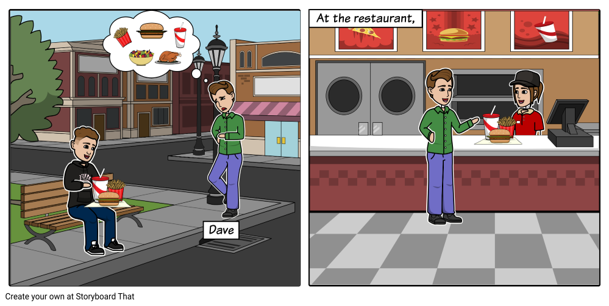
EXPRESSING OPINIONS
Please answer the questions by stating your opinions.
ANSWER
| 1. | Many people believe that fast food, soda, and sweets shouldn’t be sold in school cafeterias. Do you agree or disagree? |
| Answer: | |
| 2. | If fast food were free in your country, would you eat it everyday? |
| Answer: |
CONVERSATION PRACTICE
Let’s talk. Please answer my questions.
ANSWER
| 1. | How often do you eat fast food? What is your favorite fast food? |
| Answer: | |
| 2. | Do you prefer bringing home-cooked lunch or eating out when you’re at work (or in school)? |
| Answer: | |
| 3. | How is the food in your work (or school) cafeteria? |
| Answer: | |
| 4. | What are the common fast food in your country? Are they affordable? |
| Answer: | |
| 5. | Some people say that we (humans) are less healthier now because of the popularity of fast food? Do you agree or disagree? |
| Answer: |


